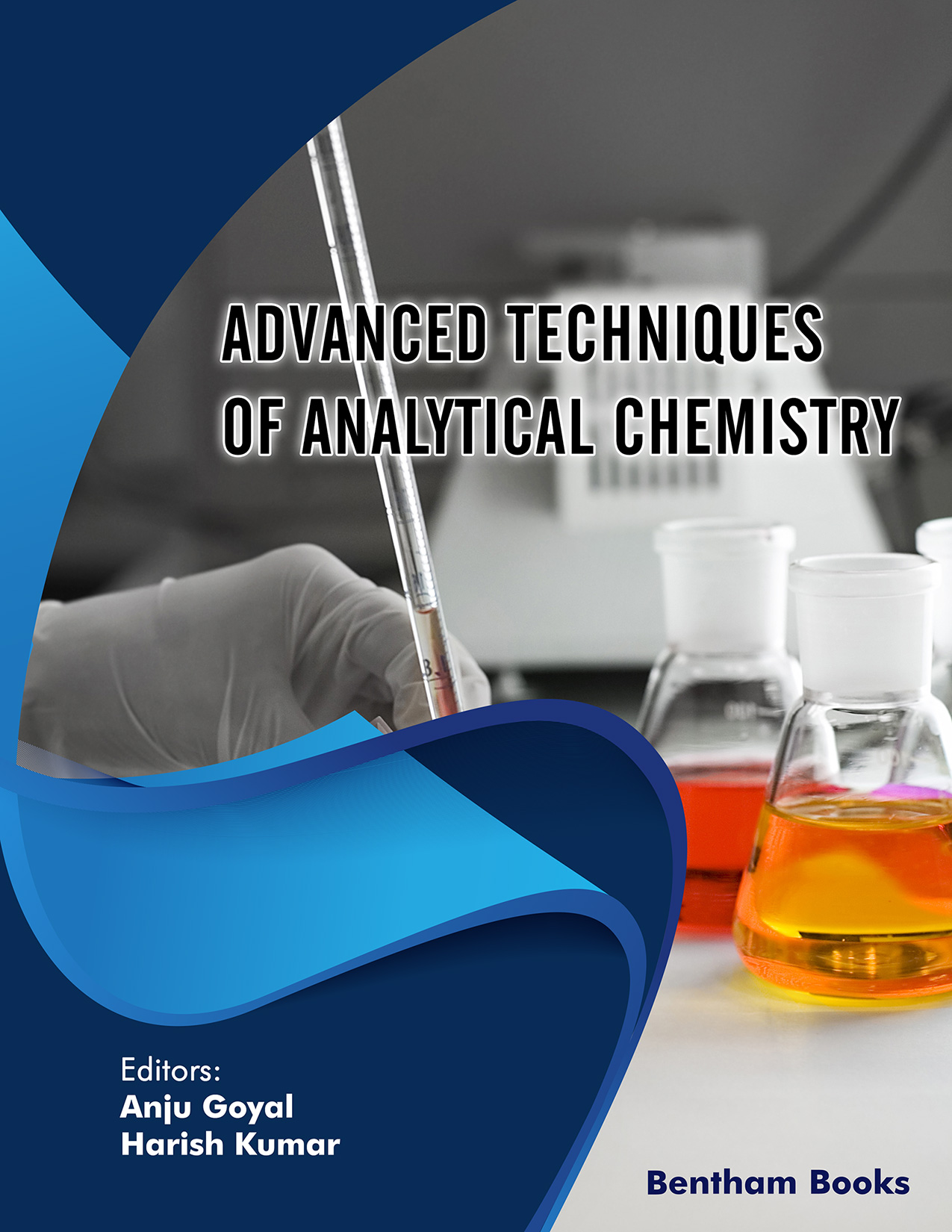The main purpose of this book is to cover the basic concept of volumetric titrations. Modern Advance Techniques of Analytical Chemistry essentially involves, as a necessary integral component, even greater horizons than the actual prevalent critical analysis of not only the active pharmaceutical substances but also the secondary pharmaceutical product(s) i.e., the dosage forms having the either single or multi-component formulated product. The fundamental reasons for this sudden legitimate surge in the newer evolving methodologies in the ‘analysis of drug substances’ are perhaps due to the tremendous growth in the progress of ‘medicinal chemistry’ towards achieving one ultimate objective which is to obtain ‘better drugs for a better world’. With the advent of computer-aided-drug modeling (CADM) the critical, scientific, and faster approach to newer drug entities based on the biologically active prototypes, combinatorial chemistry, chiral chemistry, and biotechnology has paved the way towards more specific, potent, and above all, less toxic ‘drugs’ to improve the ultimate quality of life in humans.
Keeping in view the above astronomical growth in the design of complicated, specific, and highly active drug molecules, equally viable, rigorous, accurate, and precise analytical methods have been evolved with the time which has now occupied pivotal and vital positions in most of the Official Compendia viz., USP, BP, Int.P., Eur. P, IP, etc., for the analysis of such compounds both in pure and dosage forms.
The present book on ‘Advance Techniques of Analytical Chemistry’ caters for the much-needed handbook and reference book, which is current about the esteemed philosophy of analytical chemistry, obvious solid support towards drug discovery, development, stability studies, bioavailability, and pharmacokinetic studies, and above all the quality assurance of pure drugs together with their respective dosage forms.
The textbook on ‘Advance Techniques of Analytical Chemistry’ would enormously serve the undergraduates, postgraduates, researchers, analytical chemists working in the Quality Assurance Laboratories, new drug development, production and control, teaching, or regulatory authorities.
Anju Goyal
Chitkara College of Pharmacy
Chitkara University
Rajpura, Punjab
India
&
Harish Kumar
Govt. College of Pharmacy
Rohru, Shimla, Himachal Pradesh
India

